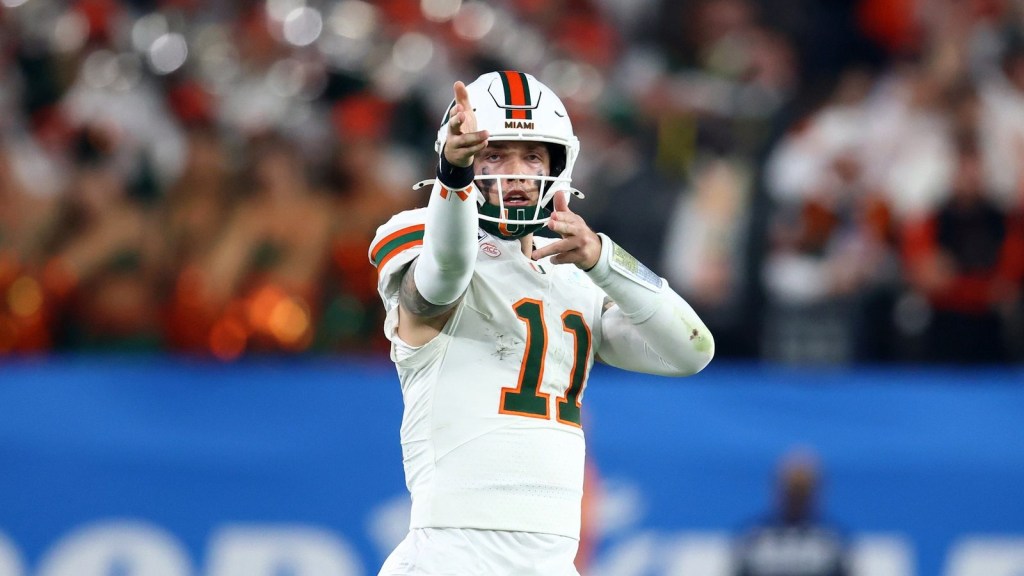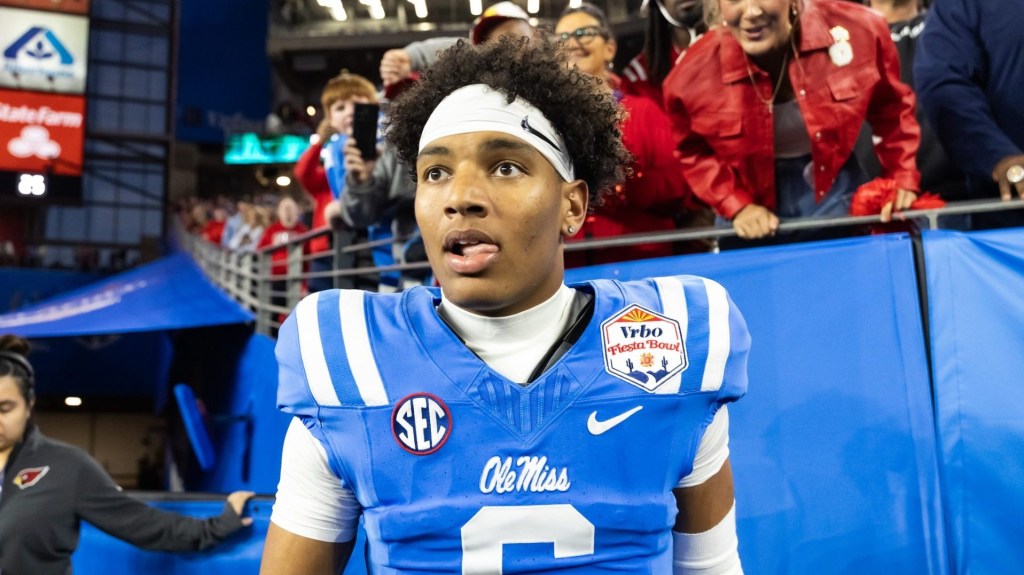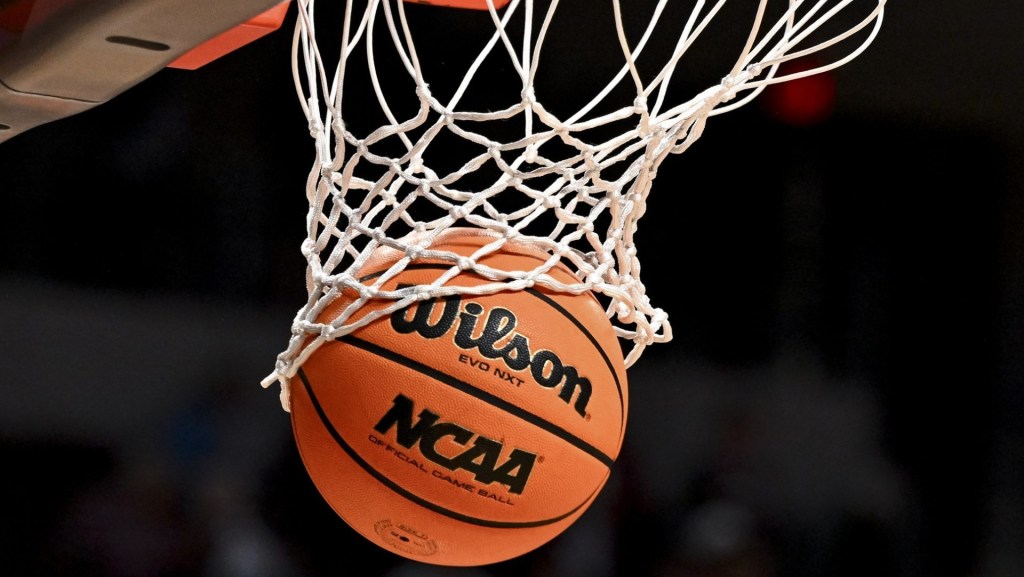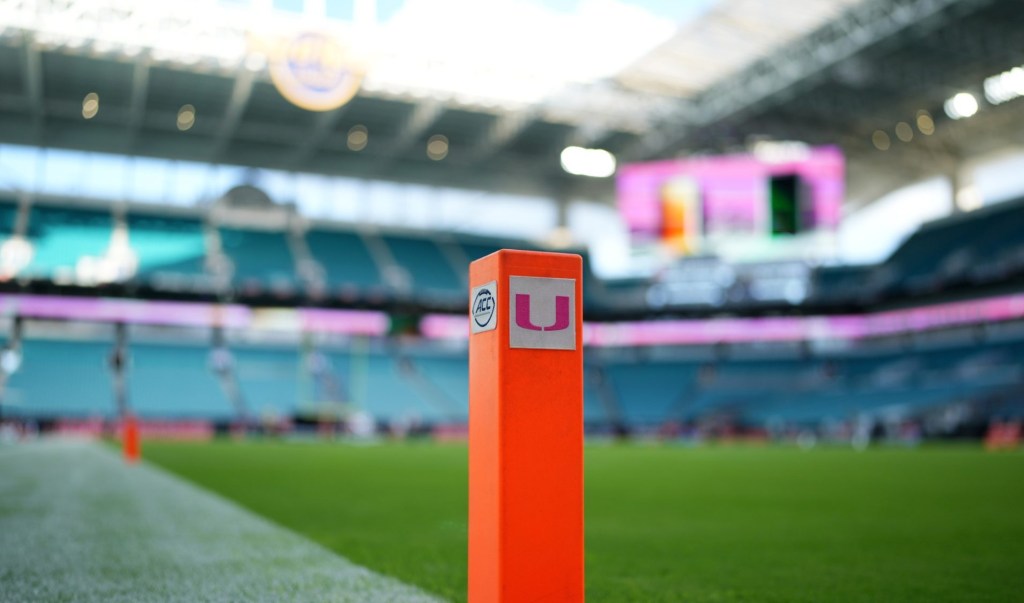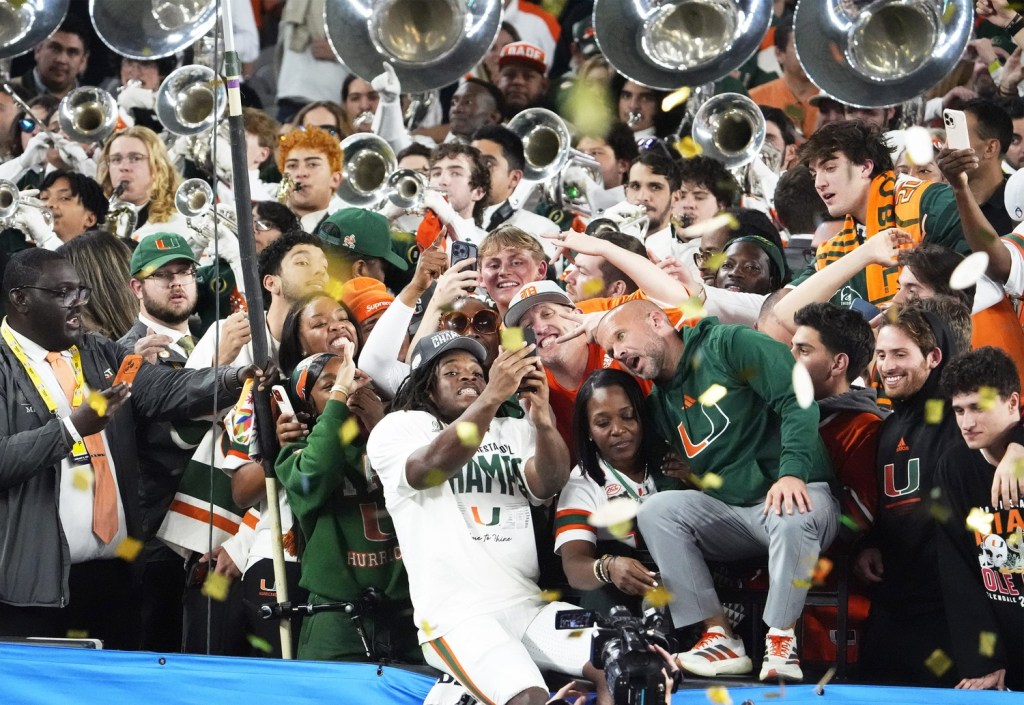In the race for the Power 5 conferences outside the Big Ten and SEC to become Super Leagues — or potentially perish altogether — the ACC is perhaps most in danger of being picked apart.
In his remarks at ACC media days, commissioner Jim Phillips recognized the conference’s concerns. But while he expressed confidence that the conference would stick together, he didn’t delineate a clear strategy for how it can move forward.
- The ACC is handicapped by a media rights deal — and grant of rights — that is less lucrative than those of other conferences.
- It distributed $32 million to most schools in 2020 per tax returns, while other conferences sent upward of $50 million.
- It’s also stuck in that agreement until 2036, while the Pac-12 and Big 12 have only until 2024 and 2025, respectively, to cash in on renegotiations.
The result: ACC schools may be tempted to defect.
Phillips said that he currently believes all the schools want to stick together — and that USC, UCLA, Texas, and Oklahoma have set a precedent in the Power 5 for honoring their grant of rights agreements.
But he also noted a steep “nine-figure” penalty for violating the ACC’s grant of rights.
In order to keep the schools, he noted that “all options are on the table.” That includes considering expansion, reevaluating revenue distribution, and speaking with media partners.
As for expansion, Phillips didn’t give much detail as to his strategy, but he did make a potential Freudian slip suggesting he sees a future where the ACC adds two more members.
The most logical school — and extremely lucrative brand — to add would be Notre Dame, which already plays in the ACC for non-football sports. Phillips said Notre Dame knows “we would love to have them,” but understands the value of their independence.
He also somewhat naively suggested that if Notre Dame did join a conference, it would be the ACC — though several other reports have disagreed. After all, Notre Dame is reported to want $75 million in media rights revenue. It’s not likely to get that in ACC.
“I like where we’re going,” Phillips said. “But again — the window’s through ‘36. So we’re going to have to address it, no question.”

